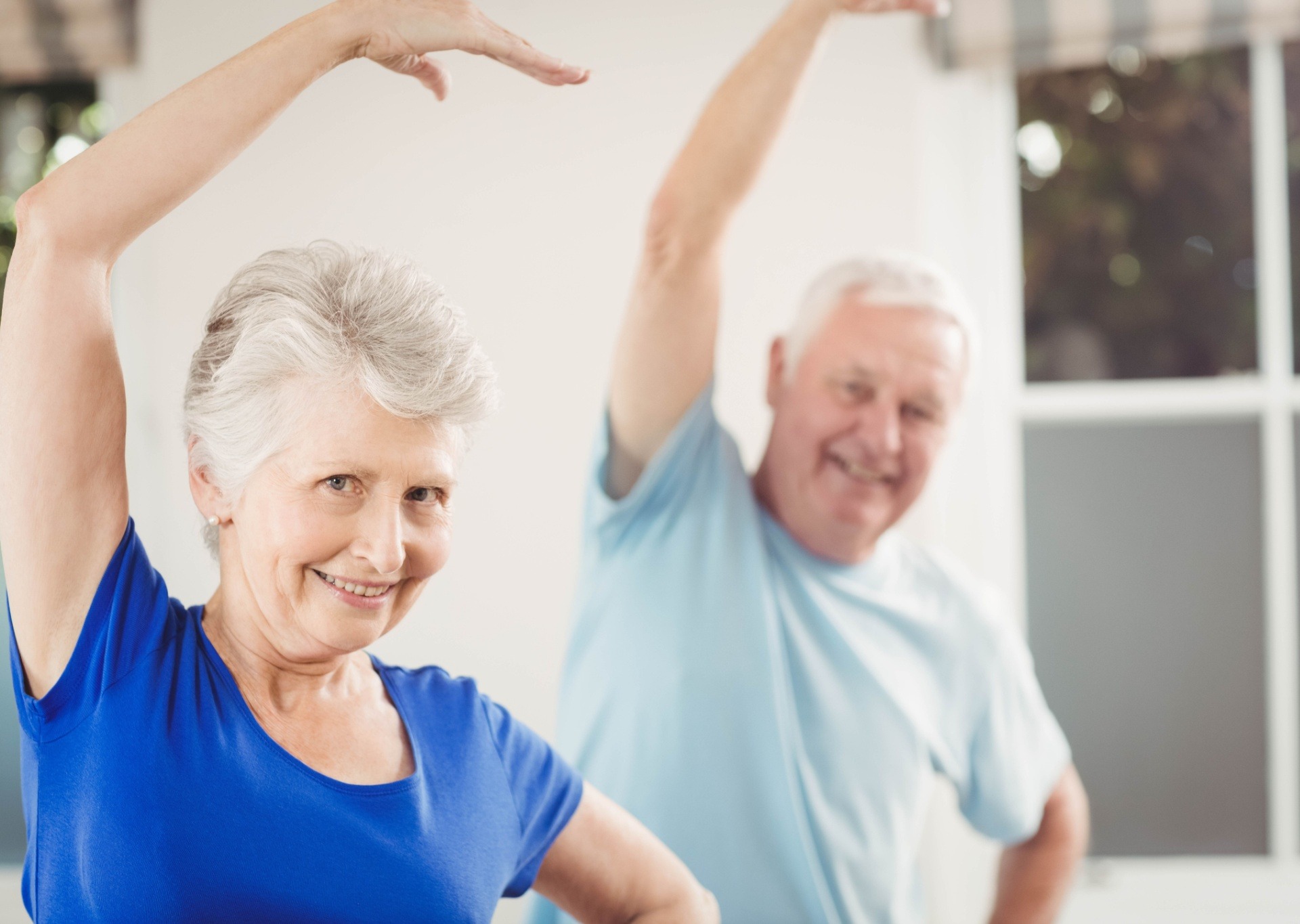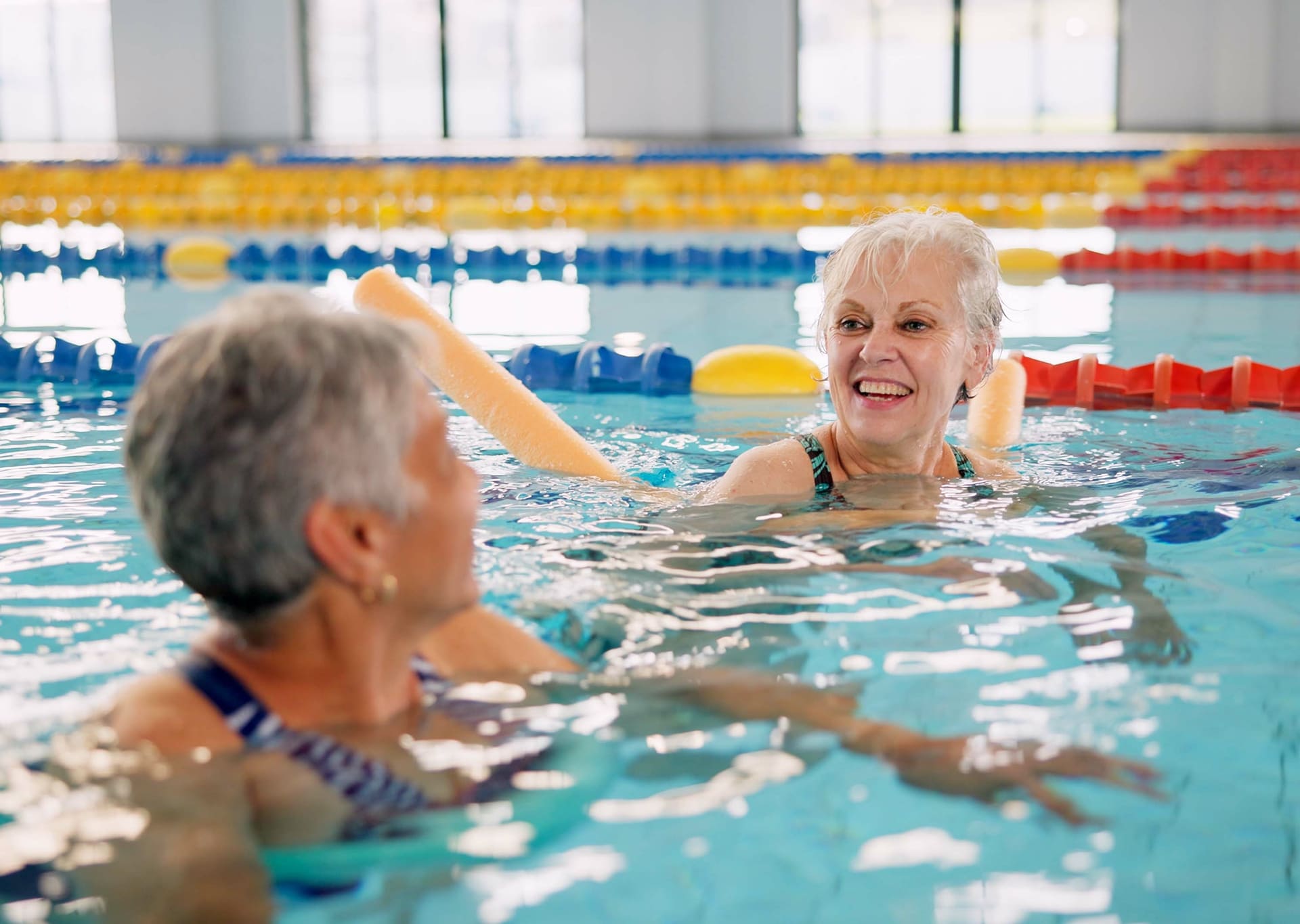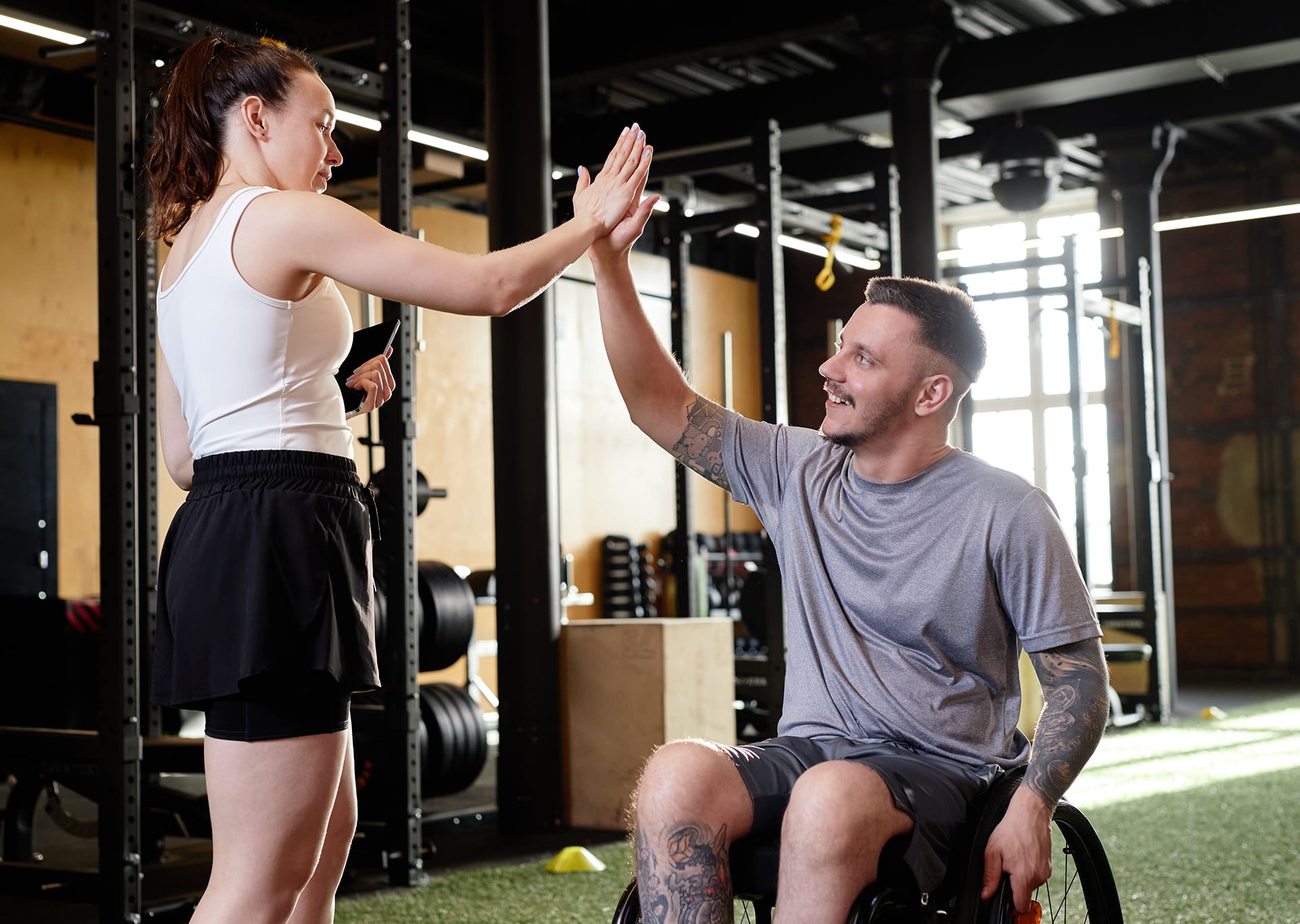
Adaptive sports programs in senior centers
Adaptive sports programs are transforming senior centers, offering physical activities specifically designed to promote health, mobility, and quality of life. As the population ages, the importance of promoting adapted physical activity is increasingly recognized, not only to maintain physical health but also to improve mental and emotional health. These programs are not only transforming the spaces in which seniors spend their time, but are also enriching their quality of life by integrating physical exercise as an essential part of their daily lives.
Adaptive exercise is designed to take into account the needs, abilities, and limitations of participants, ensuring that all individuals, regardless of their physical condition, can benefit. The customization of programs ensures that seniors maintain their independence, enjoy improved mobility, and reduce the risk of inactivity-related diseases such as osteoporosis and hypertension. Thus, these programs become a key tool in promoting healthy and active aging.
Adaptive activities for physical well-being
Many senior centers offer adapted physical activities that prioritize physical well-being, adapting to the individual level of each participant. Among the most common activities are low-intensity exercises such as adapted yoga, gentle Pilates, tai chi, or indoor walking. These practices are especially beneficial for improving flexibility, muscle strength, and balance. Over time, these activities help reduce the risk of falls, improving participants’ stability and autonomy.
Adaptive swimming is another notable option offered in many centers. Accessible pools allow seniors to engage in low-impact exercise, ideal for people with joint problems or limited mobility. The buoyancy of the water reduces the impact on the joints, facilitating cardiovascular exercise and muscle toning without causing tension. In addition, therapeutic gymnastics programs are included that integrate basic movements with controlled breathing techniques, promoting relaxation and body balance.
The impact of adapted sports is not limited to physical well-being. It also has a very positive effect on the mental and emotional health of participants. Participating in group activities allows seniors to socialize and connect with their peers, which is crucial for reducing feelings of loneliness and isolation, which can be common in older age. Sports increase the production of endorphins, the so-called “happiness hormones,” which improve mood and reduce anxiety and stress. It also strengthens self-esteem and a sense of accomplishment. Achieving goals, no matter how small, generates a feeling of satisfaction and contributes to greater confidence in one’s own abilities.
Many centers also organize in-house sports events, such as petanque tournaments, wheelchair basketball competitions, or adapted board games. This not only encourages physical activity but also creates an atmosphere of camaraderie and fun. These initiatives contribute to strengthening the sense of community, promoting social interaction and active participation in the life of the center.
A holistic approach to health
Adaptive sports programs are not limited to just a series of physical exercises. Many senior centers adopt holistic approaches that consider all aspects of participants’ well-being. This includes mental health care, nutrition, and disease prevention. Through a comprehensive approach, tailored programs help maintain seniors’ independence, reduce the risks associated with aging, and promote healthier, more active lives.
Health professionals and specialized trainers play a key role in creating these programs, assessing each person’s individual needs and adjusting activities to ensure they are safe and effective. In addition, ongoing education about the importance of exercise, a balanced diet, and emotional health is encouraged, empowering participants to adopt long-term healthy habits.
Conclusions
Adaptive sports programs in senior centers represent an invaluable opportunity to improve the physical, mental, and social well-being of older adults. By integrating exercise into their daily routine, participants can enjoy greater independence, improve their mobility, and enjoy a better quality of life. The social interaction and emotional benefits of physical activity also contribute to healthier and more active aging.
Promoting adapted physical activity is not just a matter of exercise, but also of inclusion, health, and overall well-being. These programs demonstrate that it is never too late to start moving and enjoy the benefits that sport can offer. In this way, senior centers become spaces that foster the vitality, autonomy, and well-being of older adults, ensuring that they can live active and fulfilling lives throughout their lives.








